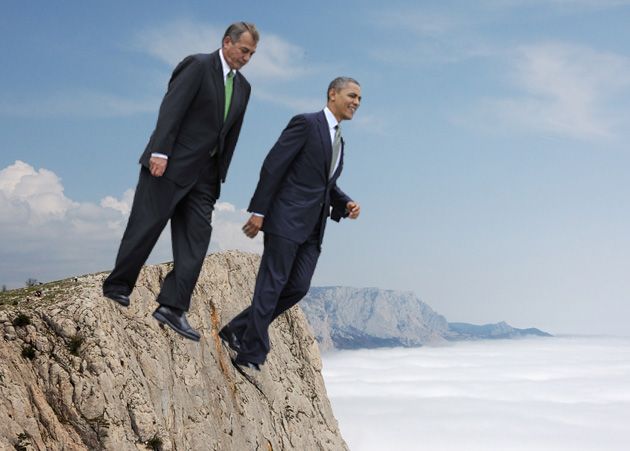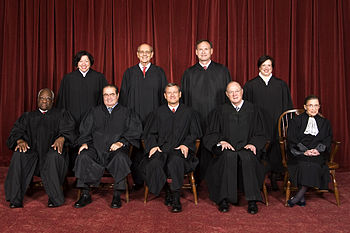Amongst the many, many societal changes to everyday life brought forth by the COVID-19 pandemic, “watch at home now” will soon be the new “now playing at a theater near you.”
In response to the widespread closure of movie theaters worldwide, Hollywood studios are already experimenting with releasing first run films directly into people’s homes. Universal Pictures released “The Hunt” and “The Invisible Man” for 48 hour rental for $20 and Disney did the same with ”Onward” before releasing it on Disney+ shortly after. On April 10, Universal’s “Trolls World Tour” will also be released for home rental the same day it was meant to be released theatrically.
The COVID-19 pandemic has the potential to completely uproot the already tenuous theatrical exhibition business. This is a change the studios have long pondered, and the extended period of time most humans will be spending at home represents a tipping point for the very existence of movie theaters in the future.
For the theater business as a whole, the ominous signs are difficult to ignore.
Major theater chains were already loaded with debt from declining sales and widespread renovations to add reclining seats, bar service and improved food options in an effort battle the proliferation of home streaming. According to Deadline Hollywood, this week AMC Theaters, the nation’s largest movie theater chain, had their credit rating downgraded by Standards and Poors Global from “B-” to “CCC- with outlook negative.” A recovery for AMC is seen in the market as unlikely.
According to MovieWeb.com, surveys are beginning to show how spooked people are about attending events with large crowds. One recent survey showed that “49 percent of those surveyed said it would take a few months or possibly never, to return” to movie theaters and only “28 percent of respondents said they would go to movie theaters after the pandemic.”
And honestly, why would anyone willingly rush into such social gatherings after this is all over? We’ve been conditioned by this collective trauma we’re all experiencing that other people are poison and we must avoid them at all costs. How do we just go back to normal after that? Maybe people will feel more comfortable once there’s a vaccine, but we could be 12-18 months away from that.
This fundamental change in how people suddenly perceive each other coupled with how everything felt in the world during the COVID-19 pandemic will be a combination imprinted on the collective psyches of people for a long time to come.
Some glimmers of hope for the industry remain, however.
The stimulus package passed by the federal government includes tax credits and small business loans which may help smaller theaters stay afloat.
Filmmakers Edgar Wright and Christopher Nolan have penned op-eds pleading with the public to support movie theaters during the pandemic and extolling the virtues of going to the movies — the unique experience it offers and the jobs theaters create.
Concurrently, drive-in movie theaters are experiencing a minor revival in the US as a socially distant means of continuing the movie theater tradition in the season of the coronavirus. Drive-ins are an experience some younger generations may not even have much of a frame of reference of, but a few remain scattered across the country and as long as they exist, they will endure as a uniquely American experience.
The West Wind Drive-in Movie Theater in Sacramento recently reopened amidst the outbreak, albeit with strict restrictions, such as cars being parked 10 feet apart, no concession stands and limits on how many people can use restrooms.
Locally, Livermore’s independent arthouse theater The Vine Cinema (a Livermore landmark, opened in 1956) held a sidewalk sale of popcorn (some of the best in the world, I assure you), soda and various other concessions with gift certificates for future showings. The owner, Kenny Way, reported on Facebook that he received 10 times as many orders as he expected and is planning another such event soon.
All of this warms my heart, but still, I worry about the future of big screen entertainment.
Most likely, movie theaters will become a niche business. The age of the multiplex is likely at its end. Small, boutique theaters will hopefully remain for those (like myself) who are addicted to the theatrical experience and enjoy the immersive quality only afforded when watching a movie with strangers on a giant screen in a large room in the dark with my phone in my pocket for however long the movie runs.
But for the foreseeable future, it seems like my couch is going to be my best and only option for going to the movies, and that saddens me deeply.
Travis Danner is the arts and entertainment editor and social media mentor for The Express. Follow him @travydoesdallas.



